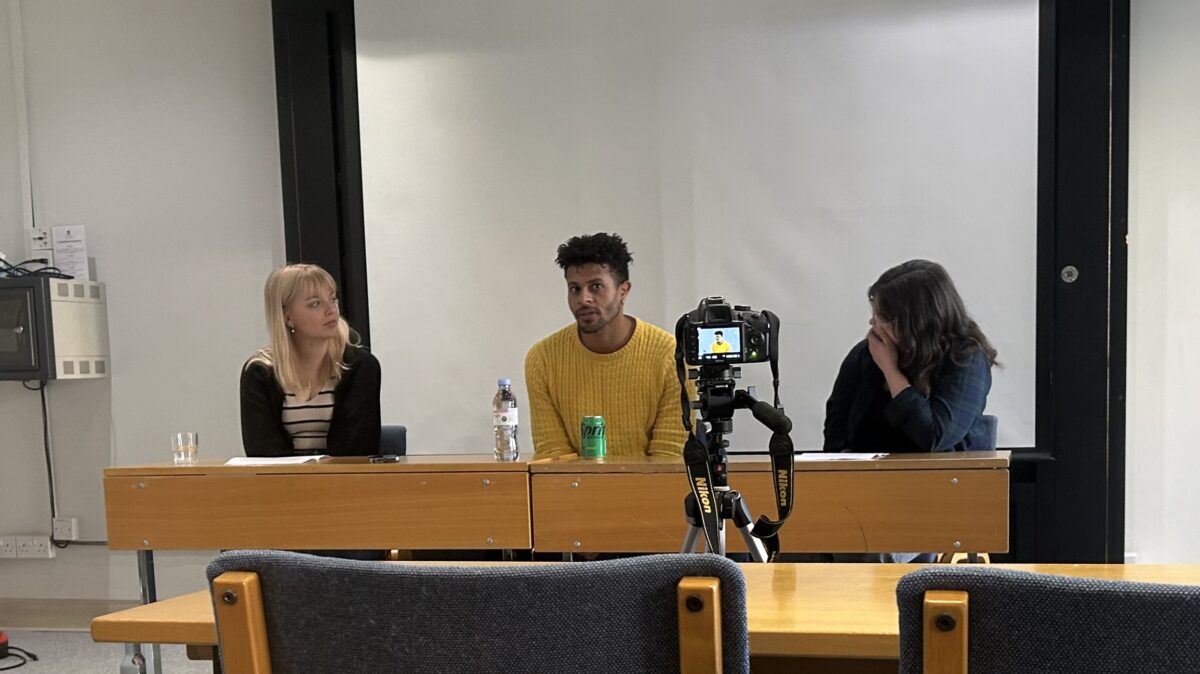Class Act, an Oxford University Student Union campaign supporting students from working class, low income, first generation, and state comprehensive backgrounds, as well as care leavers and estranged students, invited Joris Lechêne to speak about the imperialism, classism, and social divisions of Oxford. Lechêne is a social media influencer, with over 300,000 followers on his TikTok @joris_explains, as well as an activist, model, and an anti-racism, bias and privilege trainer.
The talk began with a discussion of Lechêne’s background; he started a degree in Architecture but ended up leaving midway through after becoming disillusioned with the course, and experiencing issues caused by his ADHD. He described his passion for investigating the sociology of the built environment, and how colonialism and classism impacts urban design. He also emphasised his experiences living in five different countries, through which he navigated multiple marginalised identities and explored his proximities to both privilege and disadvantage within different cultures.
Two Oxford University students led the questions, asking Lechêne about a range of issues including the social division within Oxford. He commented on the separations between the city and the university, referencing that the neighbourhood of Blackbird Leys, one of the most densely populated within the city of Oxford, had little to no individuals attending the university itself. He suggested this was caused by a wide range of reasons, and specifically discussed the conflation of knowledge and luxury within the culture of Oxford University, identifying that the typical spires and halls of Oxford symbolise exclusionary power.
Despite this, he emphasised that the pressure should not be on the students who are members of marginalised groups to dismantle these prejudices, and instead change should come from prioritising the building of communities, creating connections and networks through which individuals can learn and study collectively.
Towards the end of the talk, Lechêne took questions from audience members. One question asked for his opinion on the impact of the Black Lives Matter movement within universities; Lechêne suggested this, unfortunately, created a ‘tick box’ culture in regards to anti-racism action, with many institutions losing sense of the scale of the problem. He mentioned the controversy surrounding the Cecil Rhodes statue at Oriel College specifically, stating that ongoing action should not focus on whether or not the statue should still exist but instead explore why people are proud of it, and believe it should be celebrated.
Other questions explored correlations between classism and British colonialism, the ethics of museums and the need for artefacts to be repatriated, Lechêne’s digital success, and the impacts of colonialism and racism on curricula and reading lists within Oxford University.

